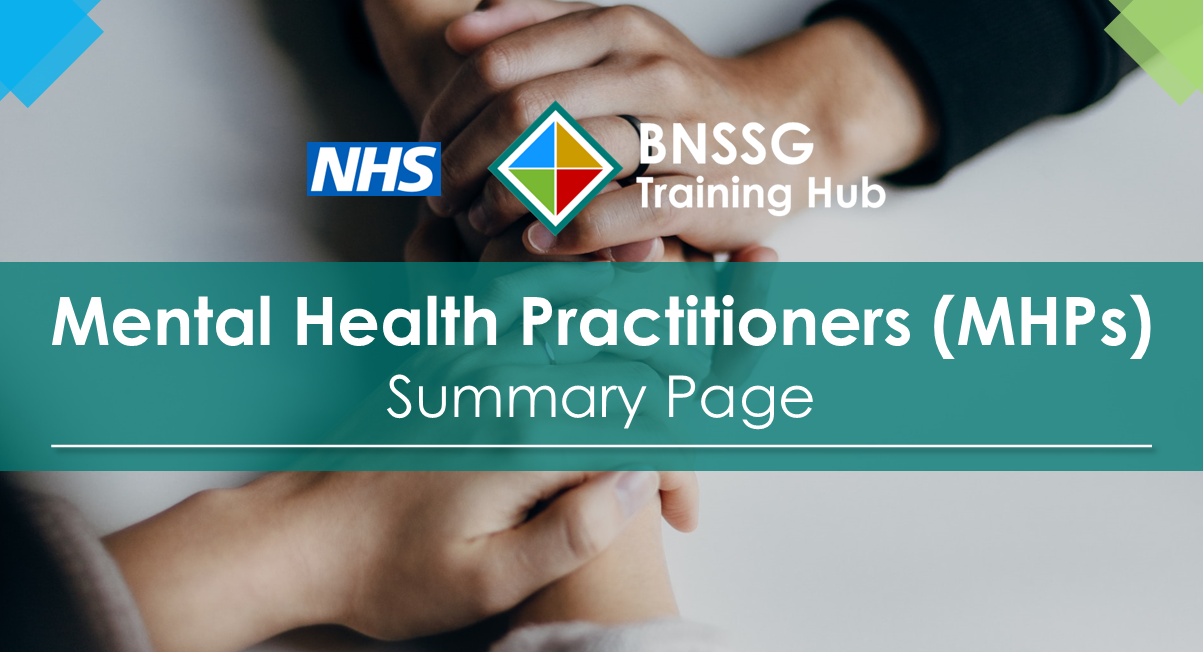Below you can find the details from our latest Women’s Health webinars hosted by the Training Hub.
Black Mother's Matter - Racial Health Inequalities

Black Mothers Matter – Racial Health Inequalities
5th February 2025
Webinar
Mental health and Menopause
Webinar

Debunking Diastasis: facts & myths of this postnatal problem
Debunking Diastasis: facts & myths of this postnatal problem
29th January 2025
Speakers Rosie Cardale – Specialist Pelvic Physiotherapist and founder of MAE Physiotherapy – discussed:
- the myths and facts of the anatomy of the abdominal wall
- why diastasis happens and who is more at risk of it
- how to assess it and what’s important in this assessment
- appropriate exercises and exercise prescription
- when to refer to pelvic health physio
Webinar

Launch of HRT Guidance - Management of Postmenopausal Bleeding

Launch of HRT guidance – Management of Postmenopausal Bleeding
24th January 2025
Ms Kristyn Manley, Ms Sarah Cowey (UHBW Gynaecologists) and Ms Amy Slater (NBT Consultant Gynaecologist) discussed the launch the revised BNSSG HRT Guidance on Management of Postmenopausal Bleeding.
Webinar
Menstrual Health for People with Learning Disabilities
Women’s Health for People with Learning Disabilities
22nd January 2025
Webinar

Hot Topics in Cardiology
Hot Topics in Cardiology
7th January 2025
Webinar

Women's Health: Endometriosis

Women’s Health Event: Endometriosis
3rd December 2024
Dr Sam Morgan and Dr Harriet Delap discussed when to think endometriosis, primary care investigations and management of endometriosis. Supporting people with endometriosis.
Webinar
Menopause Learning Event for Clinical Pharmacists and Pharmacy Technicians
Menopause Learning Event for Clinical Pharmacists and Pharmacy Technicians
21st November 2024
This session provided information, updates and learning across menopause/HRT themes and topics.
- Conducting effective menopause/HRT reviews by covering key aspects such as patient history, symptom control, and safety monitoring.
- Troubleshooting common HRT scenarios in primary care, including managing abnormal bleeding and addressing side effects.
- Optimising HRT prescribing practices by using QI searches
- Managing shortages and switches, with an understanding of HRT-PPC coverage.
Webinar

Women's Health Event: Contraception Counselling

Women’s Health Event: Contraception Counselling
7th November 2024
Dr Sam Morgan covers contraception counselling, including how to respond to anti-hormone concerns and useful resources to support LARC counselling. Suitable for all, not just LARC fitters.
Webinar
Women's Health Event: PMS and PMDD
Women’s Health Event: PMS and PMDD
8th October 2024
Dr Sam Morgan covers recognising PMS and PMDD, and understanding the impact of these common conditions. Primary care management plans for PMS and PMDD with advice on guidelines and patient resources
Webinar

Supporting People Experience Menopause
Personalised Care: Supporting People Experiencing Menopause – 10th July 2024
Dr Sam Morgan
- Some definitions
- Symptoms of perimenopause
- The impact of perimenopause including on work
- Internal changes at perimenopause & the impact on long-term health
- Management – lifestyle, supplements, HRT & non-hormonal treatments
- Resources and support
Webinar

Premature Ovarian Insufficiency

Premature Ovarian Insufficiency, POI
Teams Webinar 21st May 1-2pm
Dr Sam Morgan & Dr Harriet Delap
- Why POI is an important topic
- Definition
- Aetiology
- Diagnosis
- Investigations and referral pathway
- HRT, lifestyle, fertility, long-term health
- Resources for you and your patients
webinar
HRT troubleshooting
HRT troubleshooting – 24th April 2024
Dr Sam Morgan & Sharon Hartmann Specialist Nurse
- “It doesn’t work”
- “I’m bleeding all the time”
- “I’m getting some side-effects”
- “I think I need testosterone”
- “I can’t get hold of my preferred HRT”
Webinar

Menopause - an overview

Menopause: an overview – 12th March 2024
Dr Sam Morgan & Dr Harriet Delap
- Some definitions
- Symptoms of perimenopause, & use of symptom trackers
- Metabolic changes at perimenopause & the impact on long-term health
- Blood tests
- Contraception in the perimenopause
- Management – HRT & non-hormonal treatments, supplements, lifestyle
- Useful resources for you and your patients
- QI project ideas
Webinar
Menopause and the Workplace
A webinar for managers – 7th Feb 2024
- Overview of menopause – symptoms, what can help, resources
- Menopause and the workplace – the impact
- NHS England and British Menopause Society guidance
- Menopause and the law
- What makes a menopause friendly workplace
Webinar






















